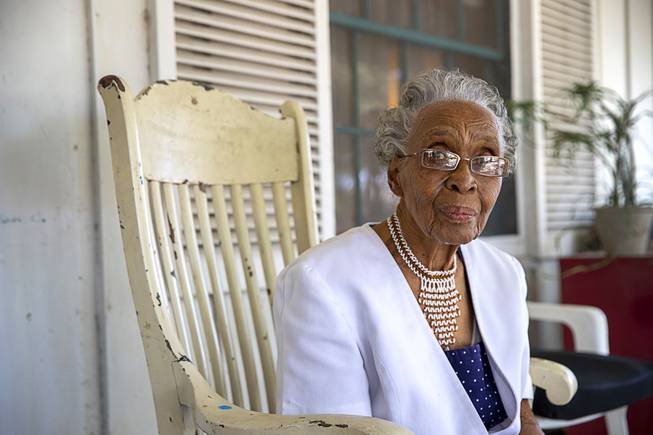How To Take Care Of An Older Relative
People’s care needs are increasing since they are living longer but also experiencing age-related difficulties like mobility loss, vision problems, different levels of hearing loss, and cognitive decline from diseases like Alzheimer’s and dementia. Some people’s children and grandchildren may be able to take care of them, but for others, specialized facilities may be required. However, there are still certain considerations to keep in mind when caring for an elderly relative, even if you’re not living with them.
Take Time Out
Taking time for yourself is crucial for those who live with and care for their elderly relatives on a permanent basis, but is equally important to remember for those who do so on a part-time basis. You can’t take care of anyone else’s health and happiness if you don’t take care of yourself first. Sometimes, caregivers have to work in addition to taking care of their loved one, which may be extremely demanding, especially if there are also children in the picture. It’s not selfish to take a break and focus on yourself, even if you feel that way. It’s crucial to your well-being and ability to care for others that you do this. Whether that means going to a temporary care facility or hiring someone to help out at home, you need to prioritize your own health.
Make A Plan
When a parent or other older relative gets sick, a lot of people end up taking care of them even though they didn’t plan to or choose to do so. Most of the time, a family’s first thought is to take care of everyone “at home” and those who can help do so. As the patient gets older or sicker, this gets harder and harder to do, but by then, it can be hard to ask for help or change routines. This is why it’s important to make a plan for how to care for an older person you love.
As soon as it’s clear that you or someone else is taking care of a family member, a plan must be made. You will need to think about your work and family options, as well as where you will live and how much money you will need to make to take care of everyone. You will also need to have a plan for when you can no longer take care of your family member. If you wait too long, you could cause your relative more health problems and stress. It’s impossible to know what will happen, but it’s important to plan for everything.
Have A Support Network
Make an effort to surround yourself with positive people. This could be other family members who are familiar with and fond of the loved one you are caring for, or it could be a close circle of friends who know how to help out in a pinch or who can at the very least keep you smiling. Without this support system, you are likely to feel isolated and under pressure. A conversation with a professional about how and when you can obtain help is essential if you don’t have anybody else to turn to for support. Caring for a sick or aging family member is difficult, but no one should have to go through it alone.





